Sensory Support Isn’t About Fixing — It’s About Understanding
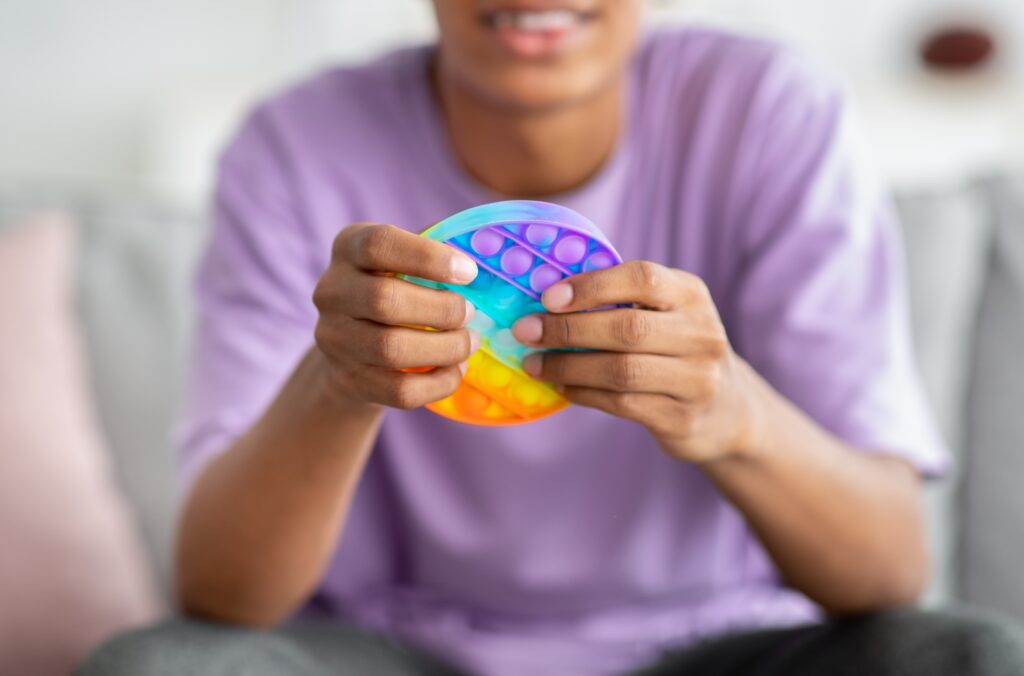
Understanding Children’s Sensory Needs We often hear words like sensory issues, sensory problems, sensory difficulties… but the truth is, your child’s brain knows exactly what it’s doing. Their nervous system is intact—working hard to protect them, ground them, and keep them safe. Of course, this doesn’t mean things aren’t challenging. It can be very hard […]
The ‘Calm Up to Calm Down’ Way
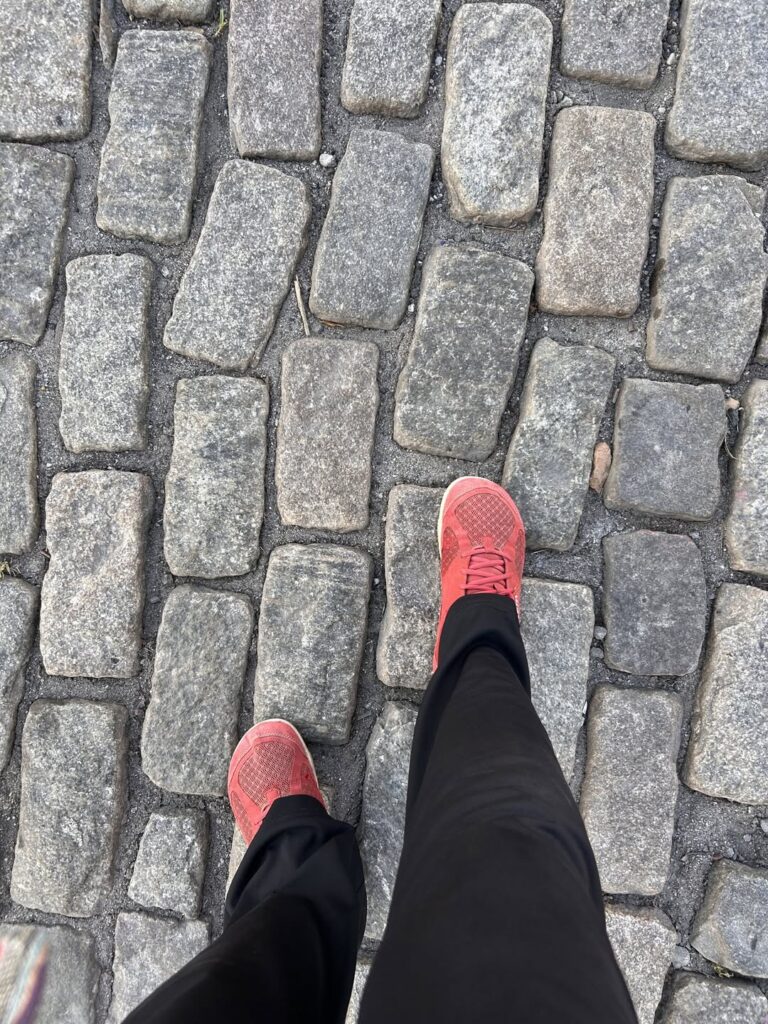
Most people think that calming down looks like sitting quietly, taking deep breaths, listening to soft music, or doing something still and gentle. And for some, that might work.
But for many neurodivergent people, kids and adults alike, that’s not what calming down feels like at all.
Why Your Child’s Writing Isn’t Improving (Even After All That Practice)
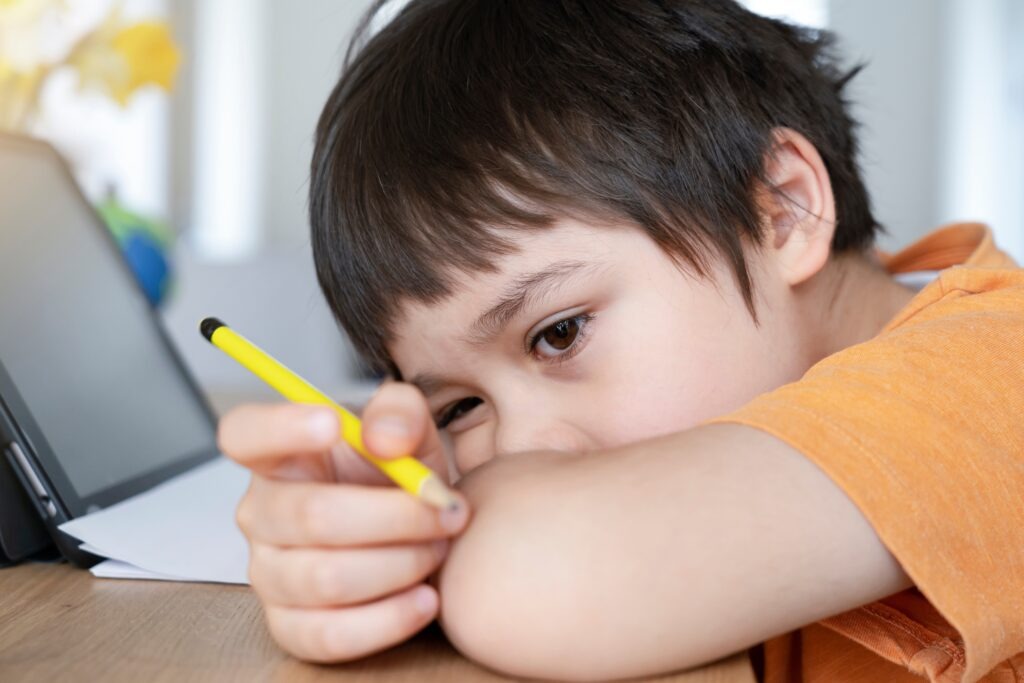
Writing isn’t just a cognitive skill.
It’s a complex coordination of multiple systems and it builds in a specific sequence.
At the base of this developmental pyramid is sensory processing. From there, each layer supports the next.
Join Me at the PDA Space Summit 2025: Exploring Equity for PDA’ers
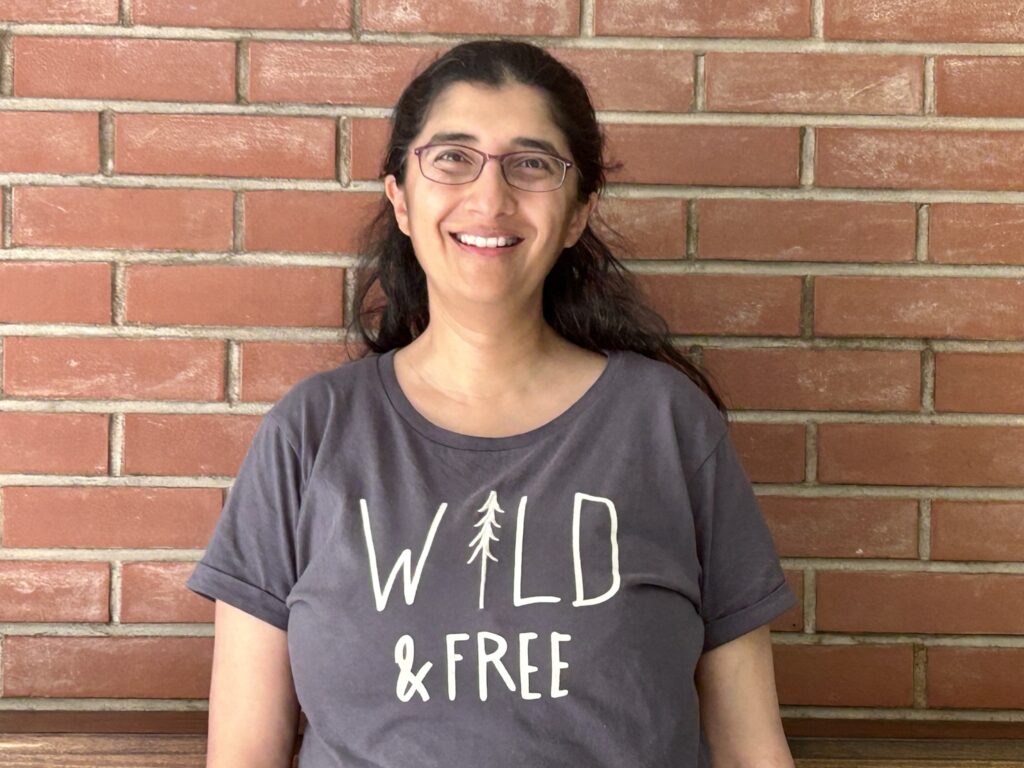
As a brown, neurodivergent, single parent and Occupational Therapist, I see every day how much our systems ask kids (and families) to change themselves to fit in instead of adapting environments to effectively meet their needs. That’s why I’m so happy about the conversations this summit is bringing to the forefront.
5 Things We Learned from Rosie the Cat About Writing Struggles
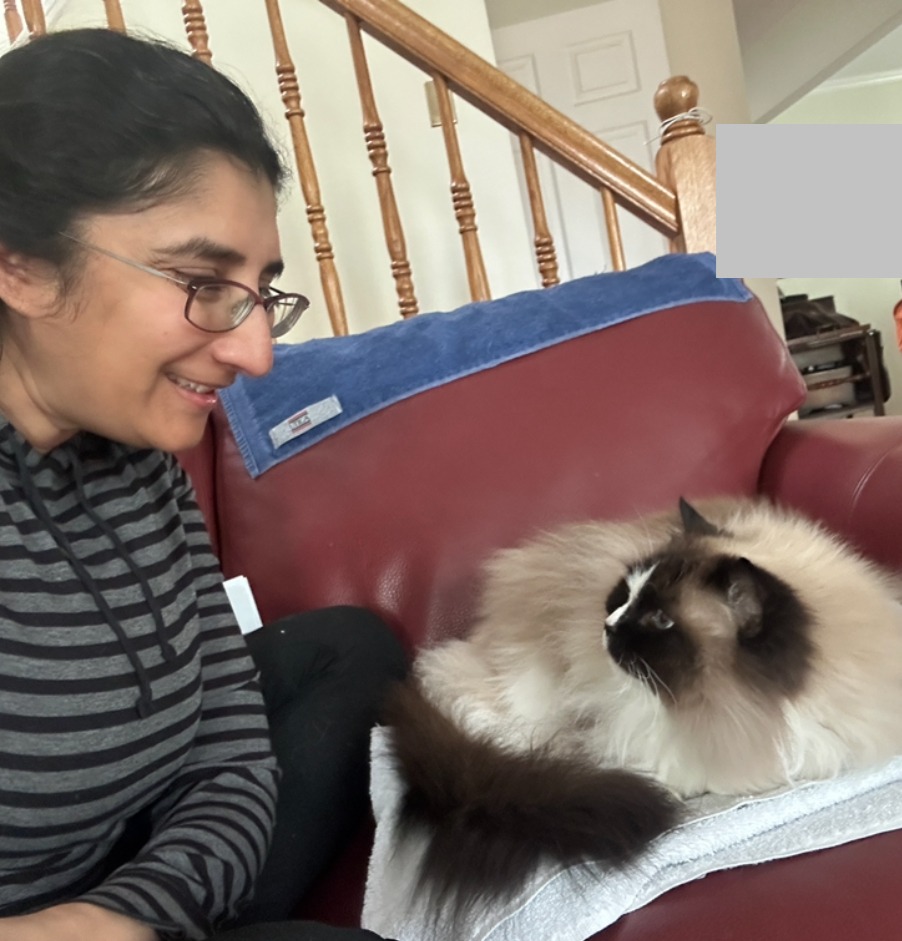
She wasn’t regressing.
She was recharging for the next big step.
And it reminded me so much of the kids I’ve worked with especially those with sensitive nervous systems who become overwhelmed and avoid writing.
Welcome (Back) to the Blog

You will not find quick fixes or one size fits all solutions here. Just real conversations and support for those navigating real life with neurodivergent kids.
Benefits of Yoga for Children in Occupational Therapy

Breathing alongside movements encourages children to breathe while moving (many children who are weak tend to hold their breath while doing motor tasks as they are using their diaphragm, a breathing muscle, to hold their body versus to breathe)
